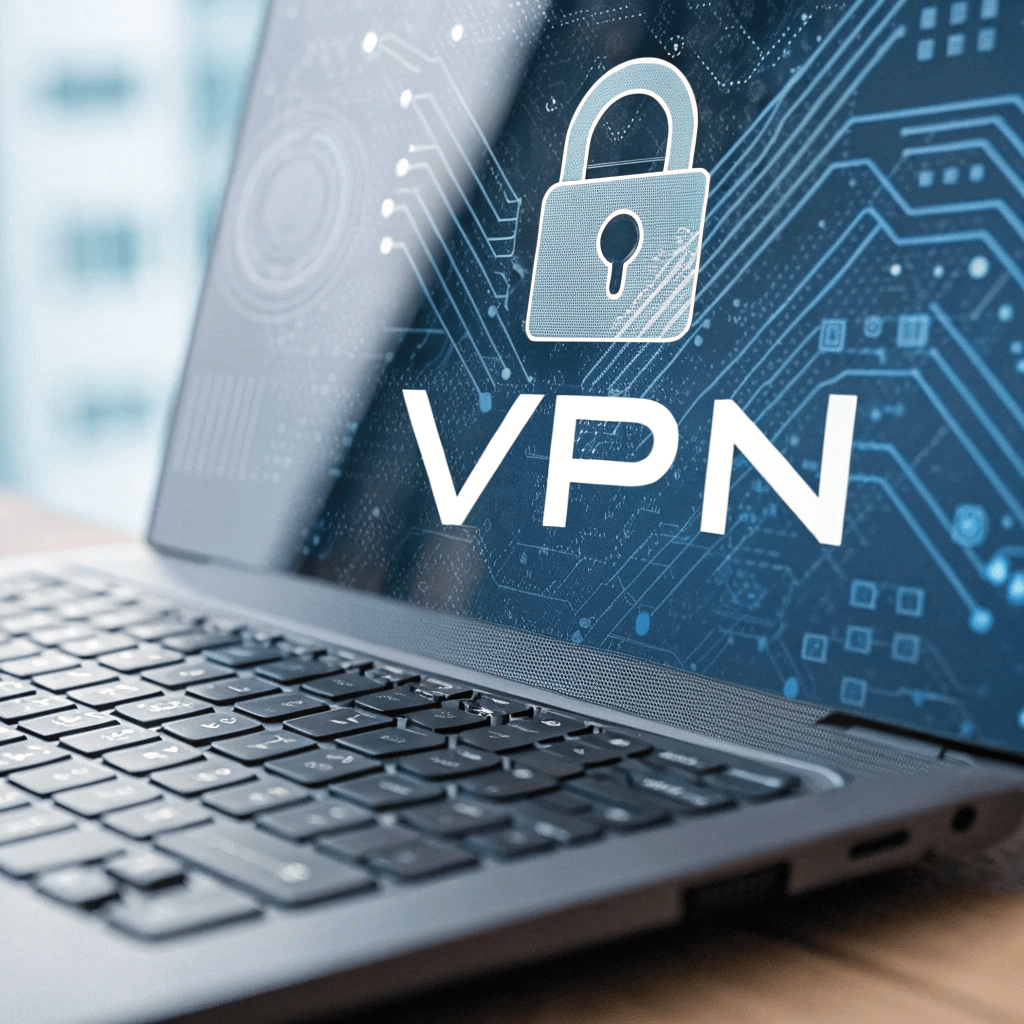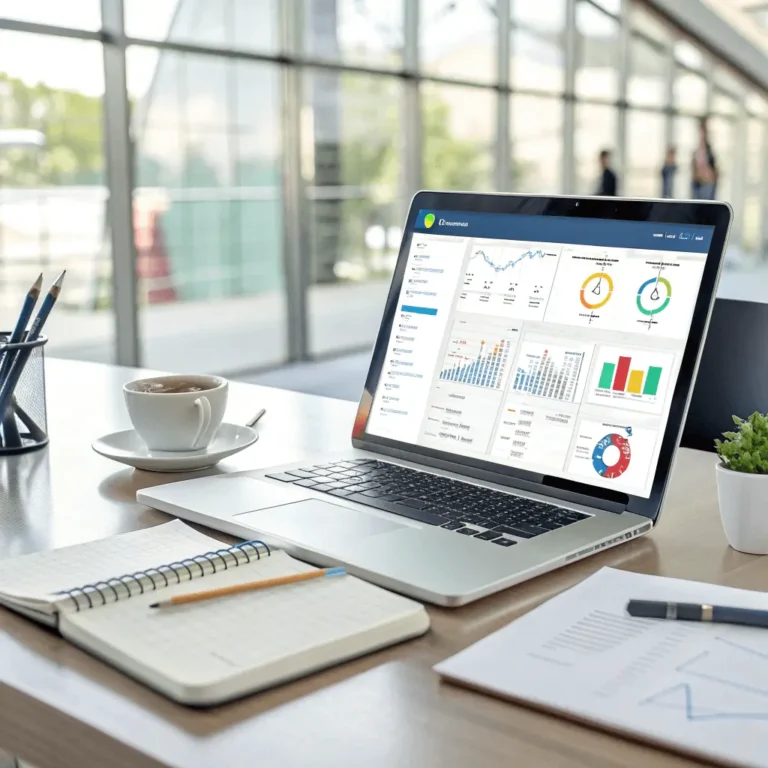
Looking for the best online deals, whether for flights, online streaming, or sales that apply to specific regions, has been a common strategy for most people, especially the budget hunters among us.
Among all the online resources that often get overshadowed for helping us achieve this, the VPN or Virtual Private Network is a very important one – and learning how VPNs work could potentially help you spot better prices while also protecting your information while shopping.
So how do VPNs operate? And how do some people use them when they shop online?
First Things First: What Is A VPN?
A VPN creates a secure, encrypted connection between your device and the web. It sends your internet traffic through remote servers elsewhere on the web, which can make it appear as if you’re surfing the web somewhere else – in a different city or country.
This virtual location change can be used to compare prices or view content that has specific regional relevance.
On top of that, VPNs actually also provide privacy by hiding your actual IP address, which can cut down on monitoring by websites, advertisers, or network providers.
While shopping or inputting sensitive data in public Wi-Fi, this encryption can help minimize some security threats.
Why Do Some Shoppers Use VPNs When Looking for Deals?
We know that a VPN can make it look like you’re physically located somewhere else. But how exactly does that help online shoppers?
- Region-Based Pricing Verification
Prices of digital items, flight bookings, or video streaming can be region-based; for example, a certain flight might cost 300 USD in the US, but 250 USD elsewhere. Some users check prices in different regions by connecting to VPN servers in different countries to try to find those cheaper flights.
- Reduction of Personalized Pricing Effects
Some websites charge differently based on browsing or user activity. IP address concealment and clearing your cookies could help you cap these changes and see more consistent prices.
- Protecting Transactions on Public Networks
When using the internet over public Wi-Fi, such as in airports or cafés, a VPN encrypts your internet information, potentially reducing the risk of unauthorized access to your payment details.
- Accessing Location-Limited Offers
Certain services or promotions are available only to people in specific locations. VPNs will allow access to such sites, based on their terms of use and local law.
In short, VPNs can be highly beneficial if you’re doing price comparisons – and as an added benefit, they help protect your online activities, meaning there’s a lower chance of ill-intentioned people snooping on your personal information.
Choosing a VPN for Price Comparison
If you want to compare prices online using a VPN, there are still a couple things you should keep in mind.
- Price and Payment Options
Free VPNs may come with usage limits or ads. Paid options vary in cost. Some opt for the cheapest monthly VPN; others choose their VPN based on specific features.
- Server Locations
Many countries or locations may provide more options when comparing prices per location, so choose a VPN that has as many servers as possible.
- Connection Speed
VPN speeds can vary. Slow speed could affect surfing and loading speed, especially when comparing across many locations, so look for a VPN with reliable speed.
- Privacy Policies
Look for providers that clearly state whether they log user activity. No-logs will typically be the choice of those concerned with privacy. And it’s important to note that, unfortunately, many free VPNs can’t guarantee that they won’t resell your data or online activity.
- Ease of Use
VPN apps are different when it comes to interface. If ease of use is a necessity (ie. if you’re not very tech-savvy), look for services that allow easy server switching and simple setup.
At the end of the day, choose a VPN that most suits your needs, whatever that is: cost, speed, privacy, or ease of use.
Myths About VPNs
- “VPNs are too technical”
Most modern VPN apps are easy to use, so even the less tech-savvy among us can use them, especially if the set up is simple and the UX is user friendly.
- “VPNs always find the lowest prices”
A VPN can certainly help you compare prices geographically, but it doesn’t necessarily guarantee any discount. Prices vary according to a multitude of variables like timing, demand, and platform-based algorithms.
- “VPNs are illegal”
VPNs are legal in many countries, but laws may differ. As with many things, it’s always best to double check local laws prior to using one in a certain area.
VPNs can prove useful in the correct situation, but they are not bulletproof, and general assumptions about them aren’t always valid.
Practical Tips When Using a VPN for Price Comparisons
- Clear your browser cookies and use incognito/private mode to keep pricing personalized to a minimum.
- Try several server locations to see potential differences in price variation.
- Search for international fees or currency conversion fees when booking or purchasing from a foreign nation.
- Couple your VPN use with other smart shopping tools like price alerts, comparison sites, or browser add-ons to assist in evaluating deal options.
Using a VPN along with smart shopping techniques is a great tool to add to your arsenal to improve your chances of better prices, but it might take time – and results will vary.
Final Thoughts
VPNs are part of many tools that people use when they are comparing prices on the web or protecting their data in general. They may be helpful in comparing prices in different regions and having more privacy, but they’re not a guarantee of better pricing. Like any tool, their effectiveness is dependent on what one does with them, and in what context.



